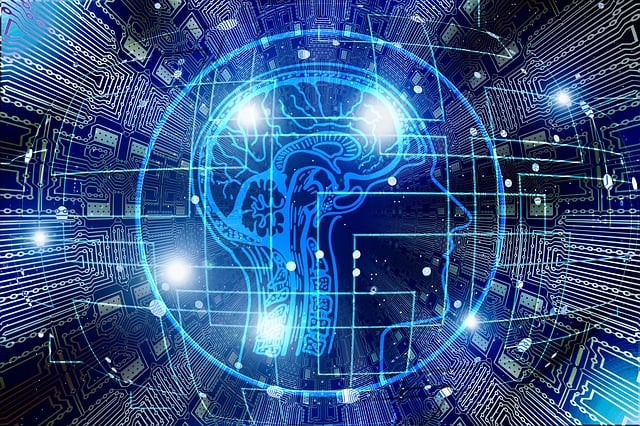
I have been reading the Experience Machine by Andy Clark off and on for quite a few months however the other day, on a trip down to London for an InfoSec event I found myself on a train to London, where once again I had an opportunity to do some reading. It wasn’t long before I was reading Clark’s thoughts as to the extended mind and it got me thinking of the current discussion in relation to AI use in schools, and in particular by students for “cheating”.
Clark talks about how humans have sought to extend their capabilities through the use of tools, including both basic tools like the pencil as well as technological tools like devices and apps. He makes the point that rather than just being a tool which is used, that the use of tools results in fundamental changes to our thinking processes, to our minds. We have developed a species through our ability to use tools and to adjust our thinking processes around these tools, in order to do something more than we could prior to the use of the tools.
Taking this into the world of education, I have repeatedly talked about the JCQ guidance in relation to Non-Examined Assessments (NEAs) where it talks about making sure the work is the students own work. Well, if we take Clarks comments, then the output produced by a student using the tools of a pen and paper, was shaped not just by the students but by the pen and paper they used. The pen and paper shaped thinking processes, ordering and more, influencing what the student produced. Maybe the sheet of paper will influence how much the student produces? Maybe the difficult in erasing content written in pen will influence the students decision making as to whether to change or remove sections they have written. So is it still the students own work?
Considering a different tool, this time a laptop in the hands of a student with exam concessions which facilitate their typing rather writing. Again, I would agree with Clark that the tool, rather than being just a tool, changes the thinking processes. With a laptop a student can more easily shift and reform their thoughts and ideas, moving paragraphs around and erasing or adding content as needed. This means processes related to the ordering of content which might be needed when using pen and paper are no longer as important. A student with a laptop might be more willing to take risks and explore their writing knowing they can easily change, add or edit, whereas a student with pen and paper may be a little more risk adverse, and therefore more creatively limited.
So now let me take a leap, and I suspect some will see it as a leap too far. What if the tool rather than just pen and paper, is actually a generative AI solution. The interactions with the AI, assuming the student has been taught to use AI and has developed the appropriate skills, will shape the students thinking processes. Maybe the broad training data of the AI will result in the student considering aspects of the topic they may not have otherwise explored. Maybe their language will change, making greater use of more academic language as a result of the academic content which makes up the AIs training data. Maybe their language will be a bit more flowery and expressive than they might write without an AI tool. As with the laptop, AI may make the student even more creative and less risk adverse, knowing they can easily edit but that they can easily get feedback and make iterative improvements. Is this any less the students own work?
I need to be clear here, that I am not suggesting we just jump on the AI bandwagon without thinking. We definitely need to consider the risks and challenges and to seek to find a path towards the ethical, responsible and safe use of AI schools. But, we also need to acknowledge we now use many tools which we would not give up. We would not give up the pen and pencil, the calculator, email and much more, and each of these is more than just a tool for use. As we have become accustomed to use them they have changed how we as humans think and operate. These tools have changed how our minds operate. AI will do the same, and we need to think about it, but if our reason for not using AI is that it will change us, it is cheating or produces things which are not our own work or truly not representative of the real me, then does this mean that we need to give up all other tools including pen and paper and the written word?

